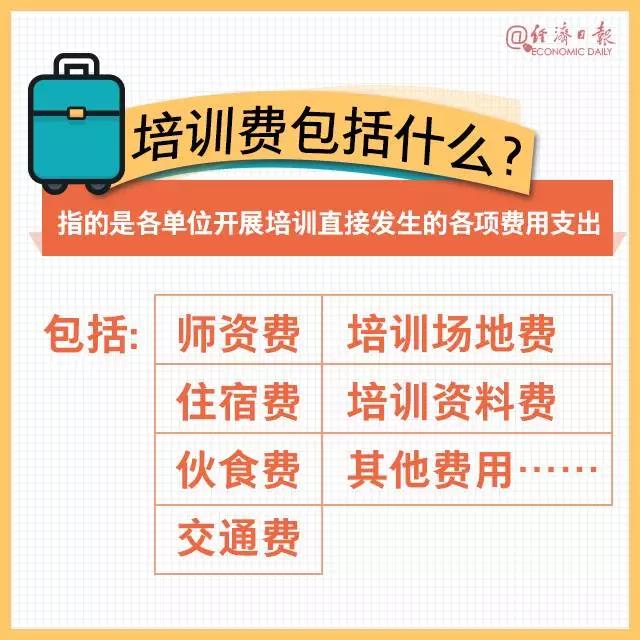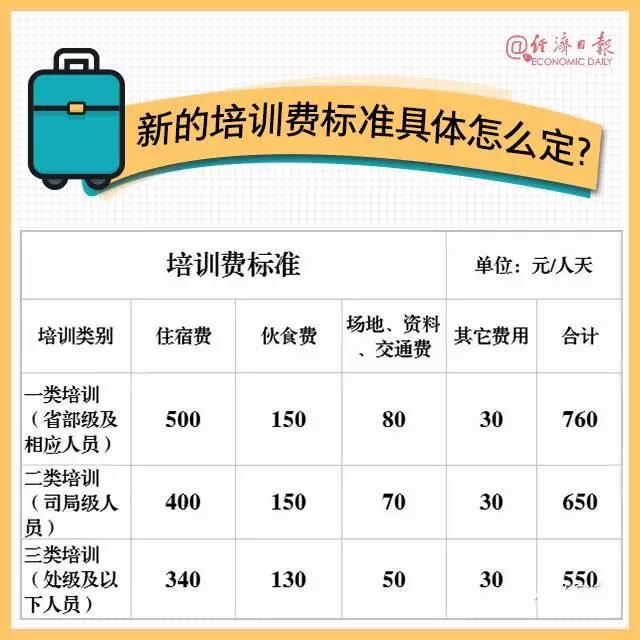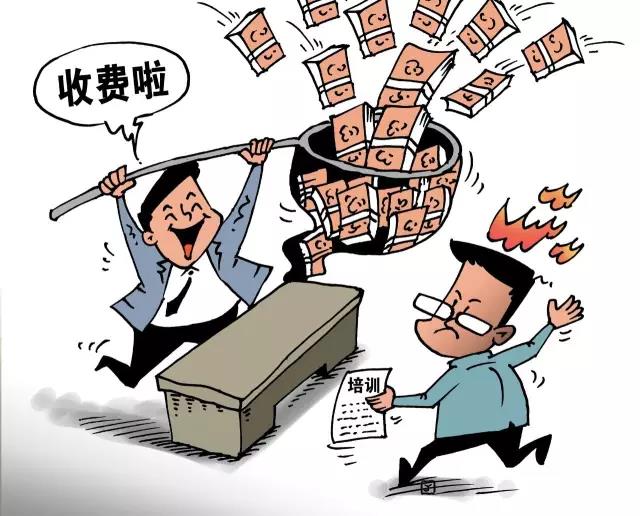Public officials must know! Training fees, lecture fees, travel expenses … cannot exceed these standards.
CCTV News:On January 4th, the Ministry of Finance, the Organization Department of the CPC Central Committee and the State Civil Service Bureau released the revised Measures for the Administration of Training Fees of Central and State Organs, which revised the original measures in the aspects of training plan management, organization management, classified management of training items and calculation of lecture fees, so as to further promote the construction of the system of practicing economy and opposing waste.
The revised new method is quite distinctive in many aspects, such as clarifying the charging standard for lectures, stipulating that the lectures of academicians should not exceed 1,500 yuan per class hour, and the maximum 760 yuan per person per day at the provincial and ministerial levels, emphasizing that "whoever holds the lectures will bear the expenses", not charging the trainees, strictly prohibiting the transfer and apportionment of training expenses, and adding the content of supervision and inspection on whether there is extravagance and waste.

The new regulations implement the highest standard of project classification management 760 yuan/person/day.
The training management measures implemented on January 1, 2014 stipulate that the training fees shall be subject to comprehensive quota standards, itemized approval and total amount control. The comprehensive quota standards are accommodation fee 180 yuan/person/day, food fee 110 yuan/person/day, venue fee and lecture fee 100 yuan/person/day, information fee, transportation fee and other fees 60 yuan/person/day, and the total is 450 yuan/person/day. Training within 15 days is controlled according to the comprehensive quota standard; Training exceeding 15 days shall be controlled according to 80% of the comprehensive quota standard; More than 30 days of training, more than days in accordance with the comprehensive quota standard of 70% control. The above days include the check-in and evacuation time, and the check-in and evacuation time shall not exceed 1 day respectively.

Compared with the provisions of the 2014 version, the new method clearly implements the classified management of training projects and adjusts the comprehensive quota standard in conjunction with conference fees. According to the requirements of "Regulations on Cadre Education and Training" classification and full-time training, the training programs are divided into three categories, which are applicable to provincial and ministerial level personnel, department-level personnel, division-level personnel and below. Considering that the training of central and state organs is basically held in Beijing, the original 180 yuan accommodation fee standard is difficult to meet the needs. According to the changes in market prices and the adjustment of conference fee standards, the comprehensive quota standard for training fees is appropriately raised.

The lecture fee is not more than 1,500 yuan/class hour for well-known experts.
According to the new regulations, the teacher fee refers to the expenses incurred by hiring teachers to teach, including the teacher’s lecture fee, accommodation fee, meals fee and inter-city transportation fee.
In the old regulations implemented in 2014, the provision that the charging standard for lecture fees is "calculated by half a day" is not accurate enough, and in actual implementation, one or two class hours are also calculated by half a day. This revision is linked with the provision of "Regulations on Cadre Education and Training" that the calculation unit of lecture fees is adjusted from "half a day" to class hours, and the standards are as follows:
Deputy senior technical title professionals do not exceed 500 yuan per class;
Professional staff with senior technical titles shall not exceed the maximum of 1000 yuan per class hour;
Academicians and nationally renowned experts generally do not exceed 1,500 yuan per class hour.

This standard is reduced by half compared with the standard stipulated in the 2014 version of the method. At the same time, it is stipulated that the lecture fee shall be calculated according to the actual class hours, with a maximum of 4 class hours per half day. If multiple classes are taught at the same time, the lecture fee will not be calculated repeatedly.
No fees may be passed on to the trainees, and offenders will be transferred to judicial organs.
In terms of training plan management, the new method, while reiterating that the annual training plan of each unit is reported to the Central Organization Department, the Ministry of Finance and the State Civil Service Bureau for the record, emphasizes that the temporarily added training items must be reported to the main responsible comrades of the unit for approval, and provide the approval materials for the main responsible comrades of the unit when reimbursing. At the same time, in the supervision and inspection, the content of "whether the temporary increase training plan is reported to the main responsible comrades of the unit for approval" has been added.
In terms of training organization and management, the new method emphasizes that "whoever holds the training will bear the cost" while reaffirming six "no" and five "no" prohibitions on training contents, meals, activities, etc., and it is forbidden to charge participants, transfer and apportion training expenses, and increase the content of supervision and inspection on whether there is extravagance and waste.

It is understood that the Central Organization Department, the Ministry of Finance, the State Civil Service Bureau and other relevant departments will supervise and inspect the training activities of various units and the management and use of training fees. For violations of the new measures found in the inspection, the relevant departments will order them to make corrections, recover funds and notify them; The relevant responsible personnel shall be given disciplinary sanctions according to regulations; Those suspected of violating the law shall be handed over to judicial organs for handling.

Official standard of travel expenses: National staff stay in Beijing for one night without exceeding 500 yuan.
The Detailed List of Accommodation Standards for Staff of Central and State Organs Traveling to Local Areas, which came into effect in May 2016, stipulates that the accommodation standard for ministerial officials traveling to Beijing is limited to 1,100 yuan per day, while that for bureau-level officials is limited to 650 yuan and that for others is limited to 500 yuan per day. Ministerial officials go to Tianjin, Hebei, Shanxi, Inner Mongolia, Liaoning, Dalian, Jilin and other places, and the daily limit of accommodation fee is mostly 800 yuan.

In Zhangjiakou City, Hebei Province, Qinhuangdao City, Sanya City, Hainan Province and other places, during the peak season, the maximum daily limit of accommodation for ministerial officials on business trips rose to 1,200 yuan. The specific implementation standards are as follows ↓ ↓
